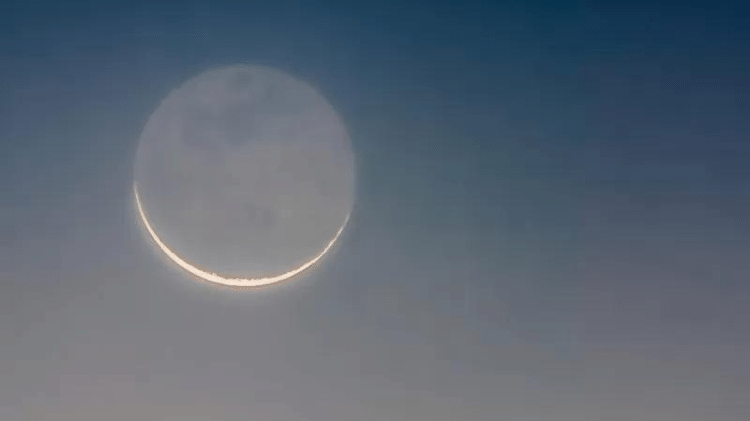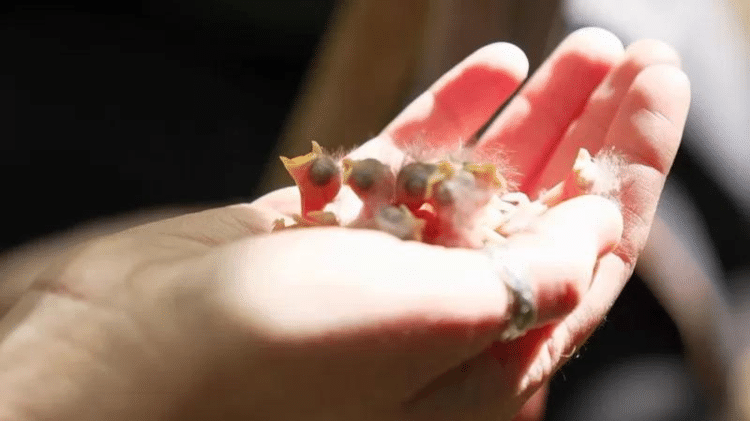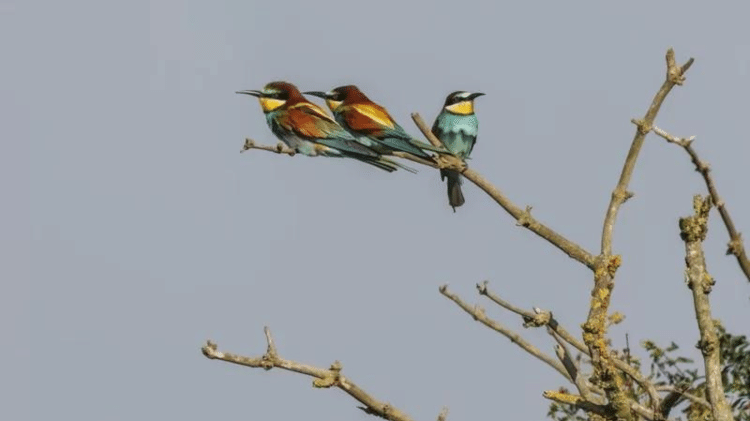Birds chirping, blooming flowers and mosquito bites are not the things you can associate with November in the north of England.
But these are some of the milder side effects of global warming.
Rising temperatures have been cited as responsible for causing deadly floods and droughts, as well as spontaneous eruptions on the frozen soil in Siberia, a famine of mustard, and a darkening of the planet.
Many of the effects of climate change are devastating and some of them a little strange.
Tundra eruption and the ‘Earth is shining’
Some Russian scientists attribute the appearance of giant craters in the melting of permafrost, the permafrost layer of frozen soil in Siberia, to an increase in soil temperature that causes pockets of underground gas to spontaneously explode.
This is just one of the hypotheses explaining the formation of giant craters in the Arctic landscape.
As a BBC Future article highlights, these are a “disturbing sign” that this cold and largely unpopulated northern landscape is going through some radical changes.
Recent research has also shown that the Arctic is warming faster than previously thought – four times faster than the rest of the world.
According to scientists at the Big Bear Solar Observatory in New Jersey, climate change may be reducing the planet’s “glow” as well as punching holes in the Earth.
Scientists measure what they call “Earth luminosity” or albedo – basically the Earth’s ability to reflect – by measuring the sunlight reflected from Earth to the dark part of the Moon at night.
Studies show that the amount of low clouds over the eastern Pacific Ocean is decreasing due to rising ocean temperatures.
Because these clouds act as a mirror, reflecting sunlight back into space, without them, this reflection is reduced. So, according to these scientists, we may actually be getting the brightness of our planet.
transsexual reptiles
While we are causing global warming, we are not the only species to have to deal with it. Some creatures are affected in truly surprising ways.
In some reptiles, the sex of the offspring is determined in part by the temperature at which the eggs are incubated. For example, genetically male bearded dragons, a species of lizard found in Australia, change from male to female when incubated at a certain temperature.
That’s why scientists worry that as the world warms, males may become increasingly rare, putting this species at risk of extinction.
Increasing levels of carbon dioxide, a greenhouse gas, in the ocean can cause fish to lose their sense of smell.
Climate change is also measurably changing seasonal synchronization. In the UK’s most scientifically studied Wytham Wood forest, baby big tits, a colorful bird common in Europe and Asia, hatched three weeks earlier than they did in the 1940s.
The whole spring food chain has changed with the warming, the caterpillars the birds eat, the oak leaves the caterpillars eat, all peaking weeks before we warmed the earth.
Many birds adapt or simply move as the seasons change. This year, the baby bee-eaters were born in a quarry in Norfolk – they are often found in the Southern Mediterranean and North Africa.
Even the soundscape is changing. London is now the scene of off-season bird chirps. One study even suggested that forest birds climb higher in trees to sing, possibly to prevent their song from being suffocated by early leaves.
lack of taste
Extreme weather conditions also make growing food difficult. Basic crops such as wheat, maize and coffee are already affected. And there was a significant shortage of condiments this year.
In April, Huy Fong Foods, a California-based company that produces about 20 million bottles of sriracha hot sauce each year, sent customers a letter warning of a “serious hot pepper shortage.”
During the summer, supermarkets in France began consuming Dijon mustard, a problem that can be attributed to bad weather in the Canadian steppes, where most of the world’s mustard seeds are grown.
And the reality of climate change hinders even efforts to eliminate carbon. In August, the energy company EDF had to reduce the production of nuclear power plants in France because there was not enough cold water in French rivers.
The answer, now discussed by 200 countries at the UN climate summit COP 27, is a dramatic reduction in planet-warming gases.
But we have already transformed our world by heating, and there will likely be even more surprising and unexpected results.
– This article was published at https://www.bbc.co.uk/news/science-environment-63585043.
source: Noticias
Mark Jones is a world traveler and journalist for News Rebeat. With a curious mind and a love of adventure, Mark brings a unique perspective to the latest global events and provides in-depth and thought-provoking coverage of the world at large.



